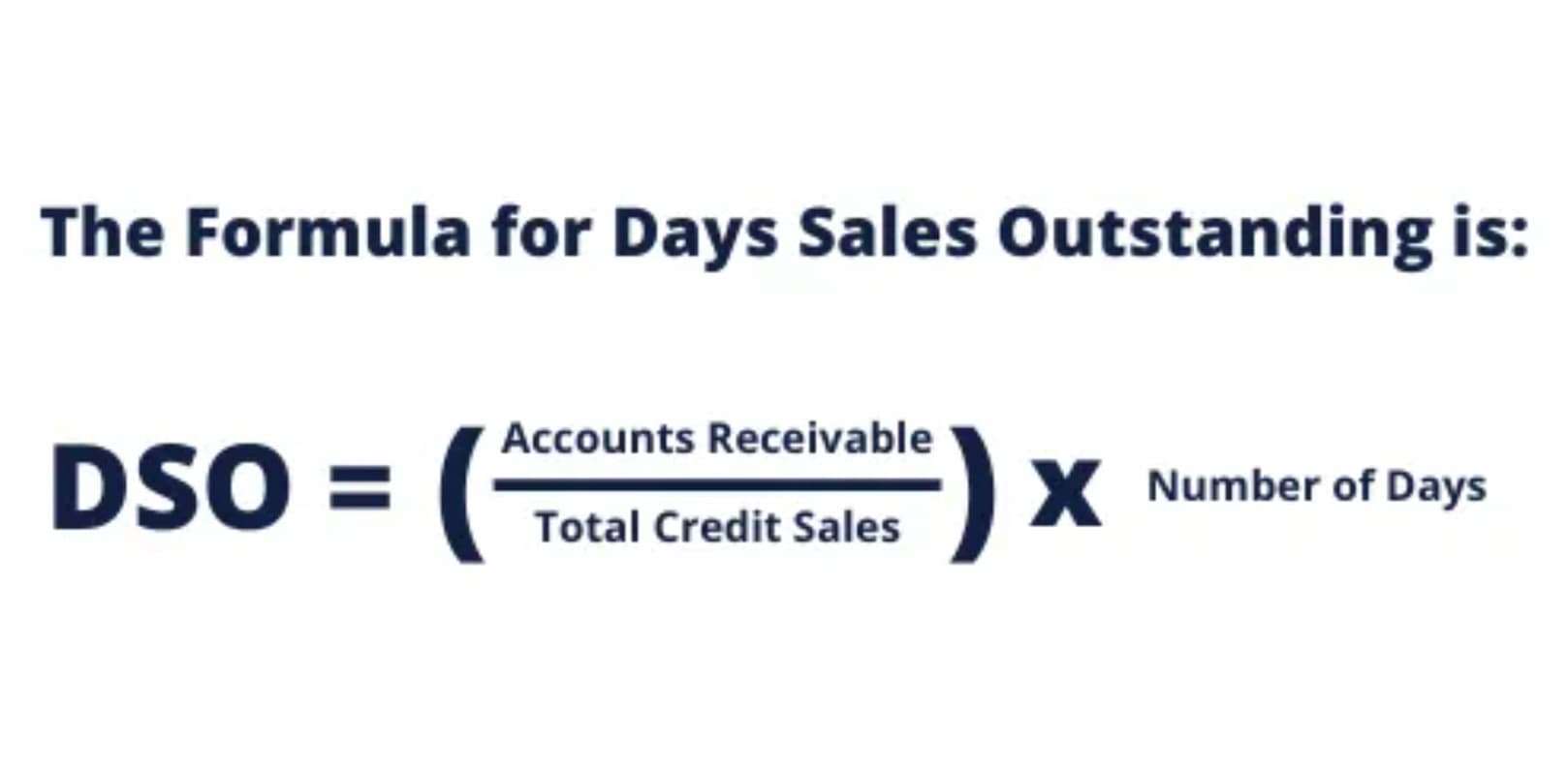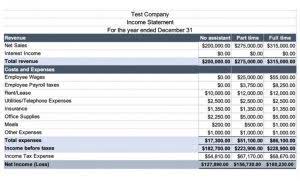
In this case, the total expenses of her $1M investment into the fund will be 1.6%, or $16,000, which will be subtracted from her $25,000 share of the dividend income. As a result, her end-of-year dividend distribution will be only $9,000, effectively allowing her to avoid ever paying income taxes on the retained earnings $16,000 of dividends that were used to pay the fund’s expenses (including compensation to the broker). If you determine that you have deductible investment fees, knowing how to report them is crucial to ensure that your deductions are accepted. Investors who engage third-party firms for investment management services can often deduct these expenses as long as they’re necessary for managing their investments. First, gather all receipts and statements about your property management expenses over the tax year. HomeRiver Group ensures our clients have streamlined access to all necessary financial documentation through our centralized operations and asset management capabilities.
- Historically, investment management fees were considered as Itemized Deductions under Schedule A of the IRS Form 1040.
- These fees are typically calculated as a percentage of assets under management (AUM) or as flat-rate fees.
- In reality, the IRS considers property management fees fully deductible operating expenses as long as they are ordinary and necessary in managing a rental property.
- Keeping an eye on tax legislation is crucial for investors who may benefit from changes.
- The IRS specifies that only those expenses that directly produce taxable income qualify for deduction.
- Self-employed taxpayers can still write off their tax prep fees as a business expense.
The Role of Financial Advisors in Navigating Management Fees
- As a result, you’ll want to understand these items better come tax time each year.
- This means that, for most investors, these fees are no longer eligible for tax deductions during that period.
- These fees can vary significantly depending on the investment strategy, the firm, and the complexity of the service being provided.
- Some studies have shown that actively managed funds often underperform their benchmarks after fees are accounted for.
- The issue for these trusts is that the TCJA cut out miscellaneous itemized deductions for everyone, but trusts have no standard deduction to fall back on like individual taxpayers do.
- While understanding the deductibility of investment management fees is essential, it is equally important to consider how they impact your overall returns.
With our extensive multi-state footprint and a unified national platform, we pair Bookkeeping for Startups dedicated local market expertise with centralized operations, asset management, and reporting capabilities to provide owners with the full range of property management services. Line 5 Investment expenses are your allowed deductions, other than interest expense, directly connected with the production of investment income. For example, depreciation or depletion allowed on assets that produce investment income is an investment expense. Include investment expenses incurred directly by you or reported to you on Schedule K-1 from a partnership, or by an S corporation, but only if you are allowed a deduction on your return for the expense.
- The caveat to deducting Section 212 expenses in recent years, though, was how they are deducted.
- The fees must be «ordinary» and «necessary.» According to IRS guidelines, an expense is considered ordinary if it is common and accepted in the industry.
- Certain fees are deductible from your taxable income, which can lower your overall tax bill.
- After all, the primary benefit to paying a fee from a retirement account is the ability to pay it with pre-tax dollars – since by definition the retirement account is pre-tax.
- Property management fees generally meet these criteria, as they are essential for maintaining the property and ensuring that it remains operational.
- We are compensated in exchange for placement of sponsored products and services, or by you clicking on certain links posted on our site.
Are property management fees part of rental property tax deductions?

The question of whether you are covered by a retirement at work is related to your ability to make new contributions to an IRA or a Roth IRA. But, since you can only make such contributions if you have income earned from working, you can’t make new contributions anyway. This year, apparently because of CARES, there was no distribution, so no 1099-R. This level of organization reduces the stress of tax filing and improves audit readiness. Discover how a U.S. company serving EU customers prepared for CBAM compliance, tackling new emissions reporting and tax requirements with BDO’s guidance.
What About State Taxes?
This article will delve deep into what investment fees are tax deductible, helping you to maximize your investment potential while staying compliant with the tax code. Similarly, any management fees paid directly from an IRA account should not be listed as a miscellaneous expense on Schedule A trying to qualify for an additional tax deduction. Only expenses paid from a taxable account should be listed as a miscellaneous expense.

Are Property Management Fees Tax Deductible? A Guide To Maximizing Deductions
If you pay more interest than you earn in investment income, you can carry over the excess to future years. The downside with traditional IRAs and 401(k)s is that income taxes eventually come due when you withdraw money in retirement. If you prefer to skip a tax bill entirely, you might consider a Roth IRA, which allows tax-free withdrawals in retirement but won’t help lower your taxable income today. Additionally, the earnings within these retirement accounts grow tax-deferred until you make withdrawals in retirement. This helps your investments enjoy years of tax-free growth — while still providing a tax break for you in the present.

Yes, there are several alternatives to traditional investment management that may come with lower fees. These include robo-advisors, which leverage technology to create and manage investment portfolios at a fraction of the cost of traditional advisory services. Robo-advisors often use algorithms and automated strategies to manage assets, making them a cost-effective option for many investors. Investors should assess investment management fees in relation to management fees the performance of the investments being managed.


Comentarios